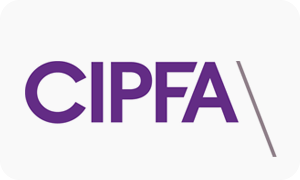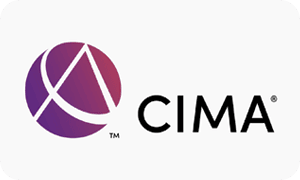Accounting and Finance
Accounting and Finance Code N400 Attend an Open Day Attend an Open Day
Apply NowKey Facts
N400-
UCAS Tariff
120 - 96
-
Course duration
3 years
Available for September start 2026
Further details on entry requirements
Apply NowThe BSc Accounting and Finance degree at Aberystwyth University will prepare you for a career in professional accountancy or financial services, by focusing primarily on financial accounting and management accounting, with taxation, business law and business ethics dovetailed throughout the programme.
Course Overview
Modules September start - 2026
Please note: The modules listed below are those currently intended for delivery during the next academic year and may be subject to change. They are included here to give an indication of how the course is structured.
| Module Name | Module Code | Credit Value |
|---|---|---|
| Data Analytics | AB15220 | 20 |
| Fundamentals of Accounting and Finance * | AB11120 | 20 |
| Fundamentals of Management and Business * | AB15120 | 20 |
| Understanding the Economy | AB13120 | 20 |
| Accounting and Finance for Specialists | AB11220 | 20 |
| Module Name | Module Code | Credit Value |
|---|---|---|
| Business Law | LC21220 | 20 |
| Corporate Finance and Financial Markets | AB21420 | 20 |
| Corporate Governance, Risk and Ethics | AB21320 | 20 |
| Intermediate Financial Accounting | AB21120 | 20 |
| Intermediate Management Accounting | AB21220 | 20 |
| Module Name | Module Code | Credit Value |
|---|---|---|
| Accounting and Finance: Analysis and Application | AB31420 | 20 |
| Advanced Financial Accounting | AB31120 | 20 |
| Advanced Management Accounting | AB31220 | 20 |
| Investments and Financial Instruments | AB31320 | 20 |
| Financial Technology and Business Success | AB31820 | 20 |
Options
| Module Name | Module Code | Credit Value |
|---|---|---|
| Taxation | AB31520 | 20 |
| The Role and Practice of Auditing | AB31620 | 20 |
* Also available partially or entirely through the medium of Welsh
Careers
Teaching & Learning
Student Testimonials
Typical Entry Requirements
UCAS Tariff 120 - 96
A Levels BBB-CCC
GCSE requirements (minimum grade C/4):
English or Welsh, Mathematics
BTEC National Diploma:
DDM-MMM
International Baccalaureate:
30-26
European Baccalaureate:
75%-65% overall
English Language Requirements:
See our Undergraduate English Language Requirements for this course. Pre-sessional English Programmes are also available for students who do not meet our English Language Requirements.
Country Specific Entry Requirements:
International students whose qualification is not listed on this page, can check our Country Specific Entry Requirements for further information.
The University welcomes undergraduate applications from students studying the Access to Higher Education Diploma or T-level qualifications, provided that relevant subject content and learning outcomes are met. We are not able to accept Access to Higher Education Diplomas or T-levels as a general qualification for every undergraduate degree course.
Our inclusive admissions policy values breadth as well as depth of study. Applicants are selected on their own individual merits and offers can vary. If you would like to check the eligibility of your qualifications before submitting an application, please contact the Undergraduate Admissions Office for advice and guidance.




